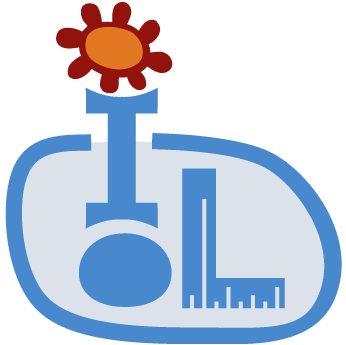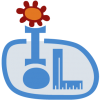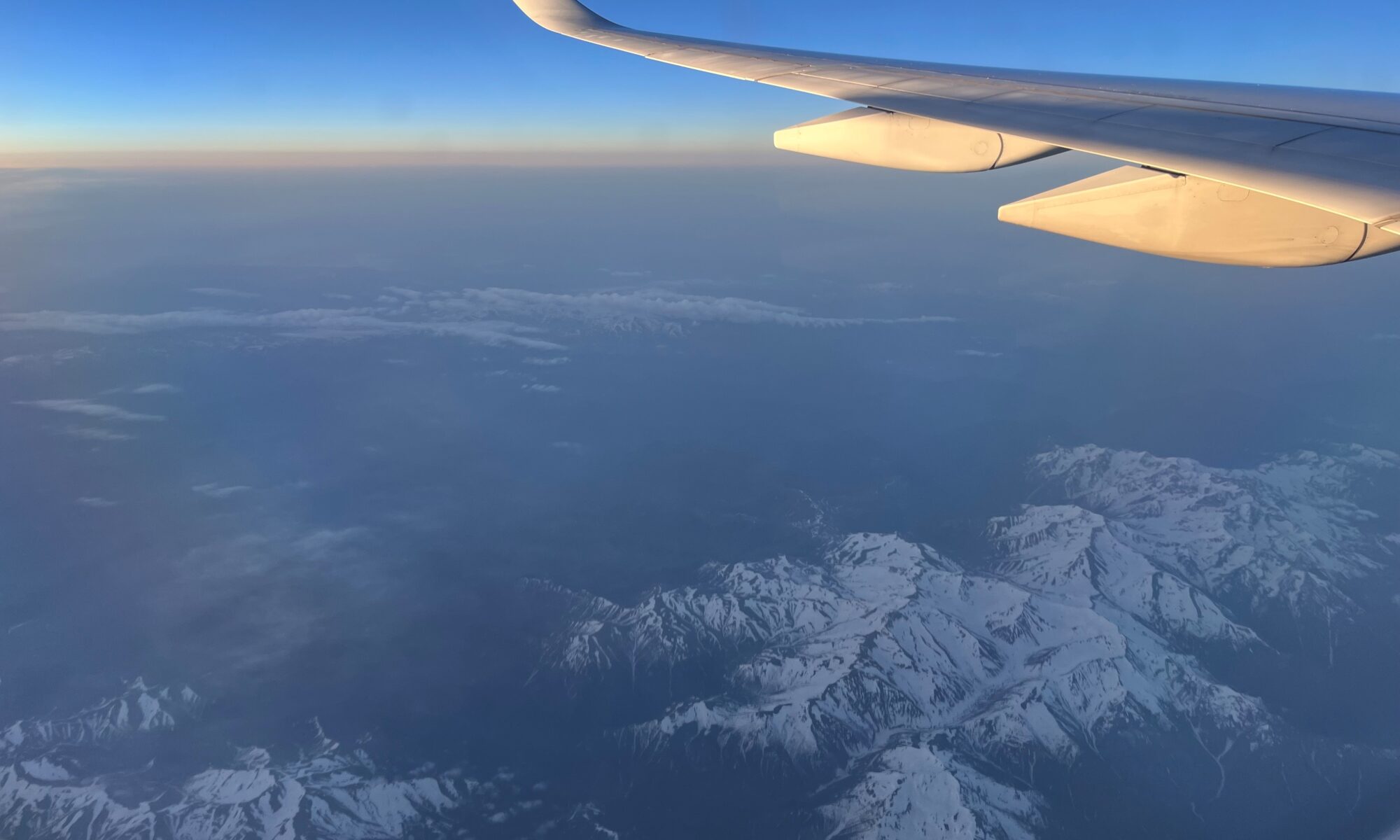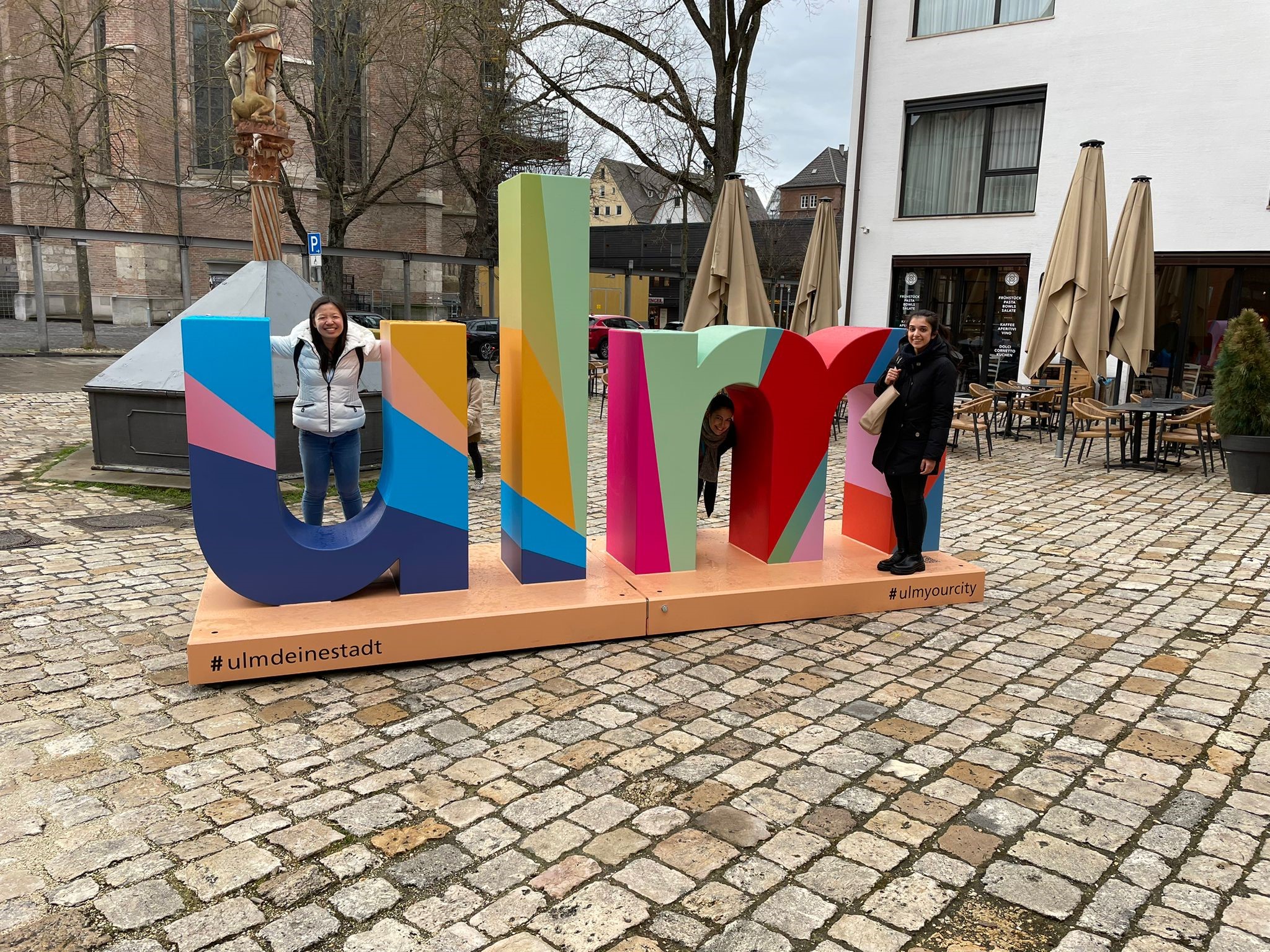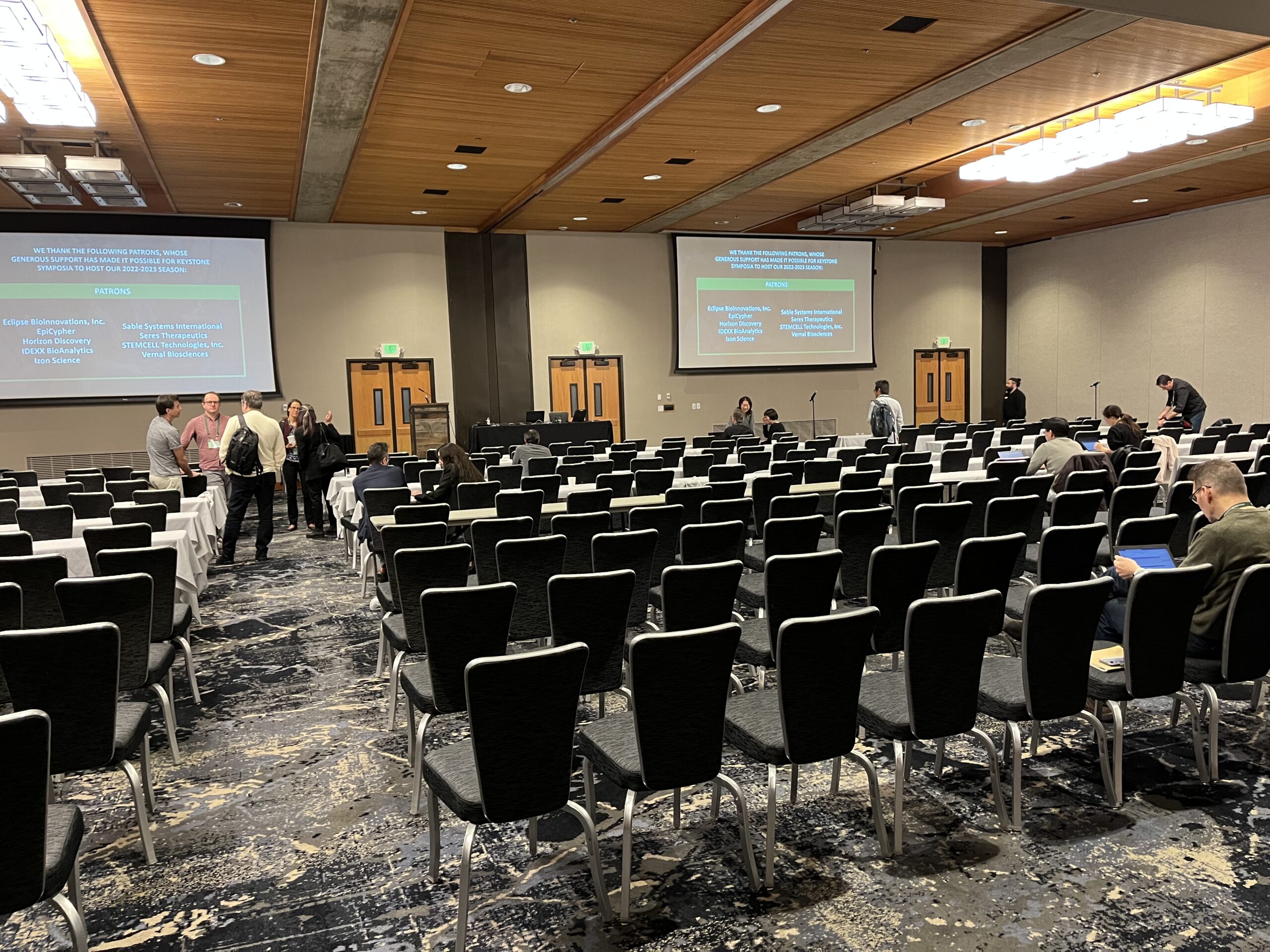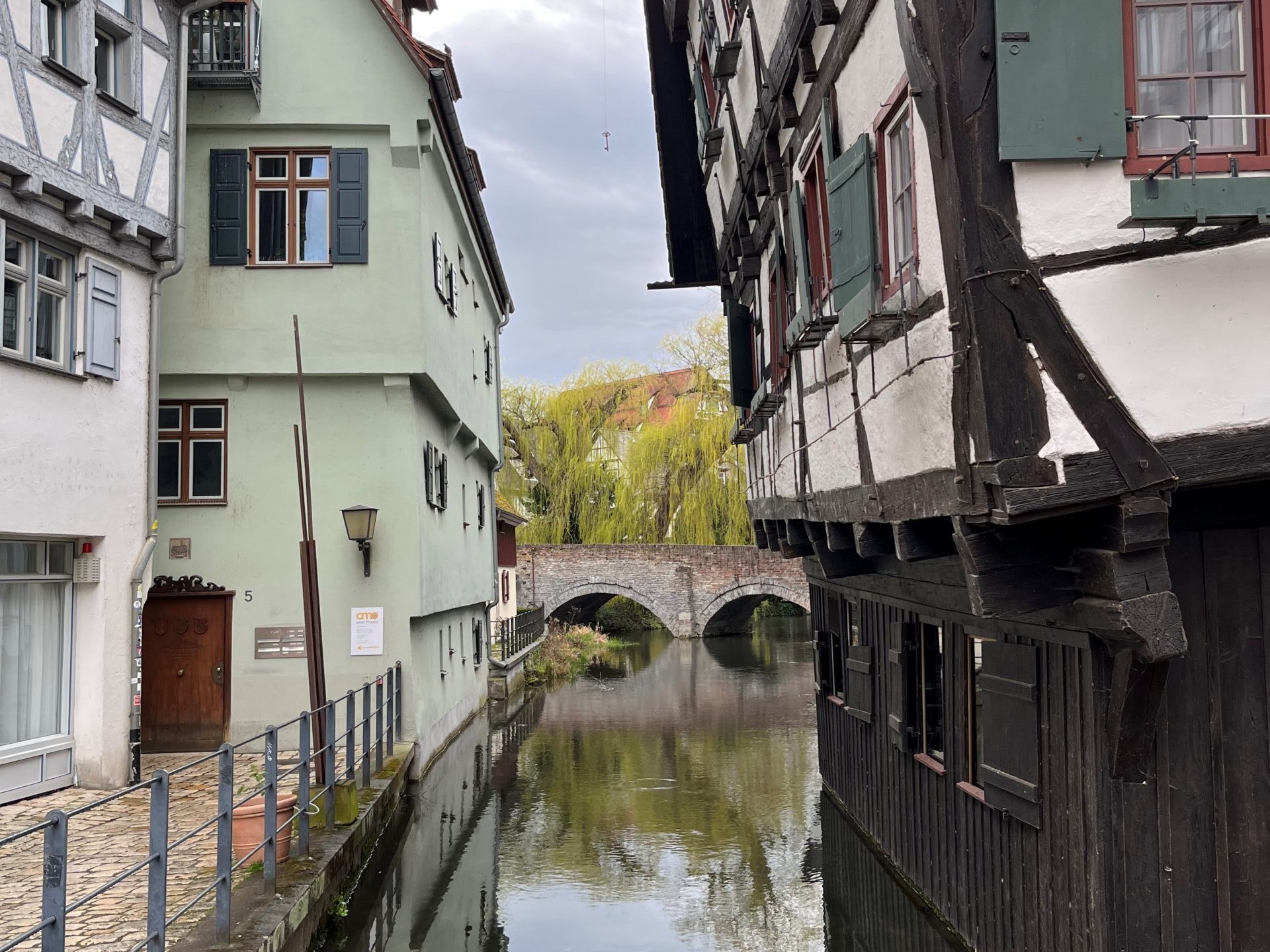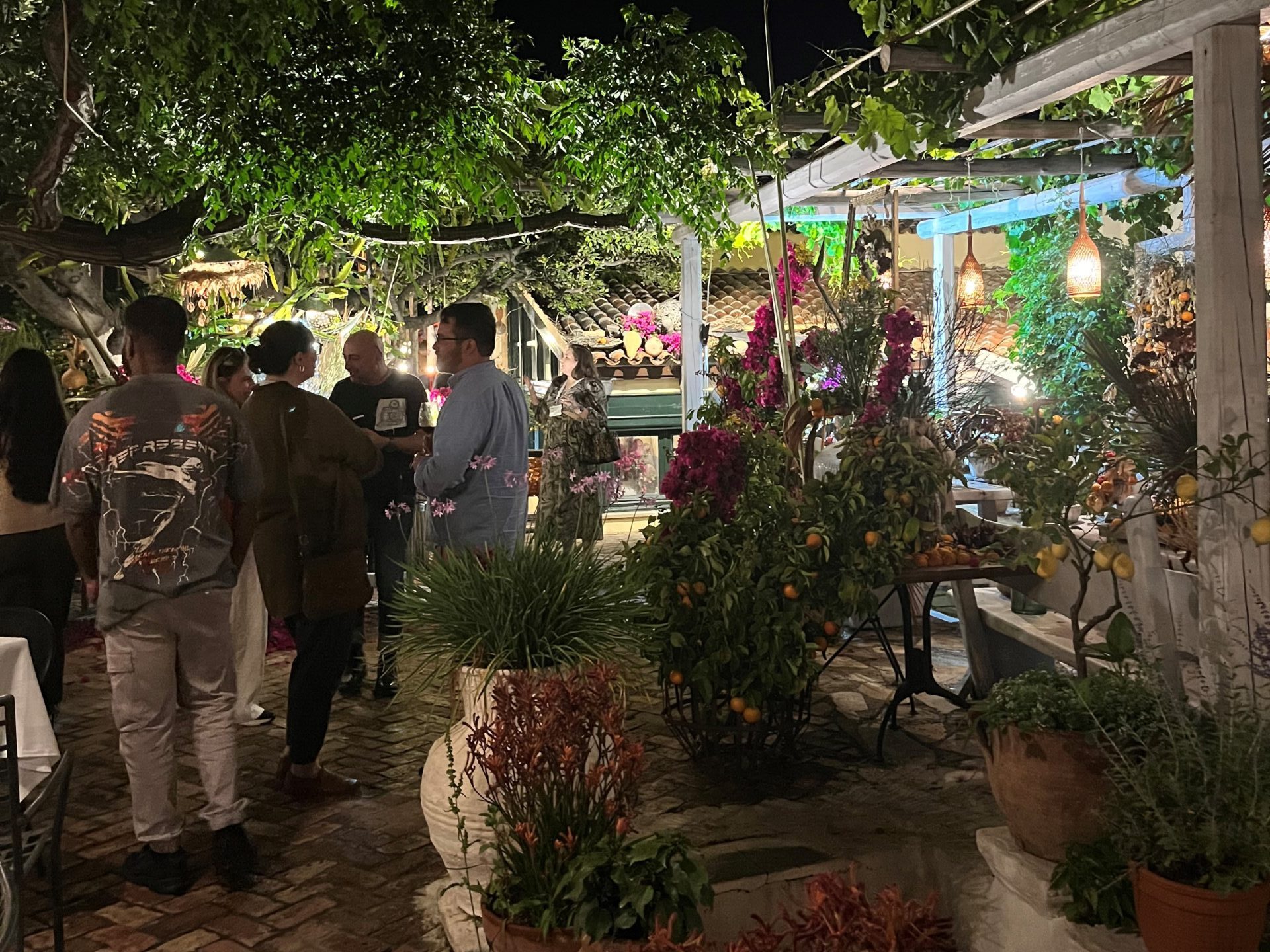As the world gradually recovers from the pandemic, we are also gradually resuming our physical conference attendance! Since the beginning of 2023, we have visited Ulm, Sitges (Spain), Paris (France), Snowbird (US), Gdansk (Poland), Crete (Greece), Würzburg, and certainly many more! Here’s what Innates have to tell about their experience:
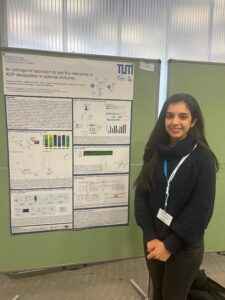 Becoming a scientist involves learning to conduct science and socializing within the scientific community. Talking about current research and discussing future projects shaping the landscape of our research interests is vital for scientific progress. Therefore, I was thrilled to participate in the GfV, which allowed me to get to know top-notch virologists and comprehend Germany’s research interests. Although studies on SARS-CoV-2 were getting justified attention, I nevertheless felt that I was in good hands with my niche topic due to the size of the conference. For the first time, I had the opportunity to connect with scientists within my specialized field, enabling me to discuss this on a deeper level and understand how others are approaching similar goals.
Becoming a scientist involves learning to conduct science and socializing within the scientific community. Talking about current research and discussing future projects shaping the landscape of our research interests is vital for scientific progress. Therefore, I was thrilled to participate in the GfV, which allowed me to get to know top-notch virologists and comprehend Germany’s research interests. Although studies on SARS-CoV-2 were getting justified attention, I nevertheless felt that I was in good hands with my niche topic due to the size of the conference. For the first time, I had the opportunity to connect with scientists within my specialized field, enabling me to discuss this on a deeper level and understand how others are approaching similar goals.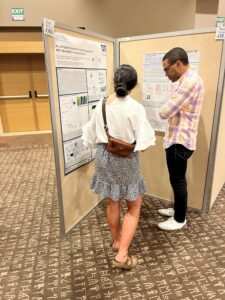
On the other hand, broader and more international conferences, such as the 18th International Conference on Innate Immunity, gathered scientists from excellent research societies worldwide. It was a pleasure to be part of this gathering, hear talks about the discovery of novel signaling pathways, and meet the scientists behind it. All in all, attending conferences is just a win for you and your colleagues at home, who can profit from your reports and impressions.
I gave a talk about protein turnover in flu-infected cells at both conferences. GfV was my first-ever conference, and I fully enjoyed it! The atmosphere was really friendly, and I got to know many researchers with their interesting projects. A large number of students at the conference made it particularly easy to build connections. The conference had a lot of content, and I wish I had 10x the time to go through and absorb everything! Last but not least, it was great to meet our old colleagues Teresa and Pietro!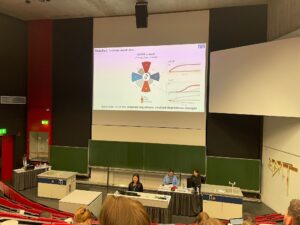
The 18th International Conference on Innate Immunity in Crete has a more relaxed and intimate setup with a more international group of scientists. It was an eye-opening conference and an excellent opportunity to hear about current trends in innate immunity! I learned a lot about different topics in innate immunity that we rarely touch in our lab and received many feedbacks and inspiration for my own projects. Besides, the food was amazing 😉
Cell Symposium: Viruses in health and disease (March 19–21, 2023, Sitges, Spain) was amazingly organized by Cell Press regarding novel insights on virus-microbiota interactions, SARS-CoV-2 structural biology and antiviral treatments, and emerging viruses. There, I presented our latest work focusing on the essential role of IKKα in the SARS-CoV-2 entry mechanism.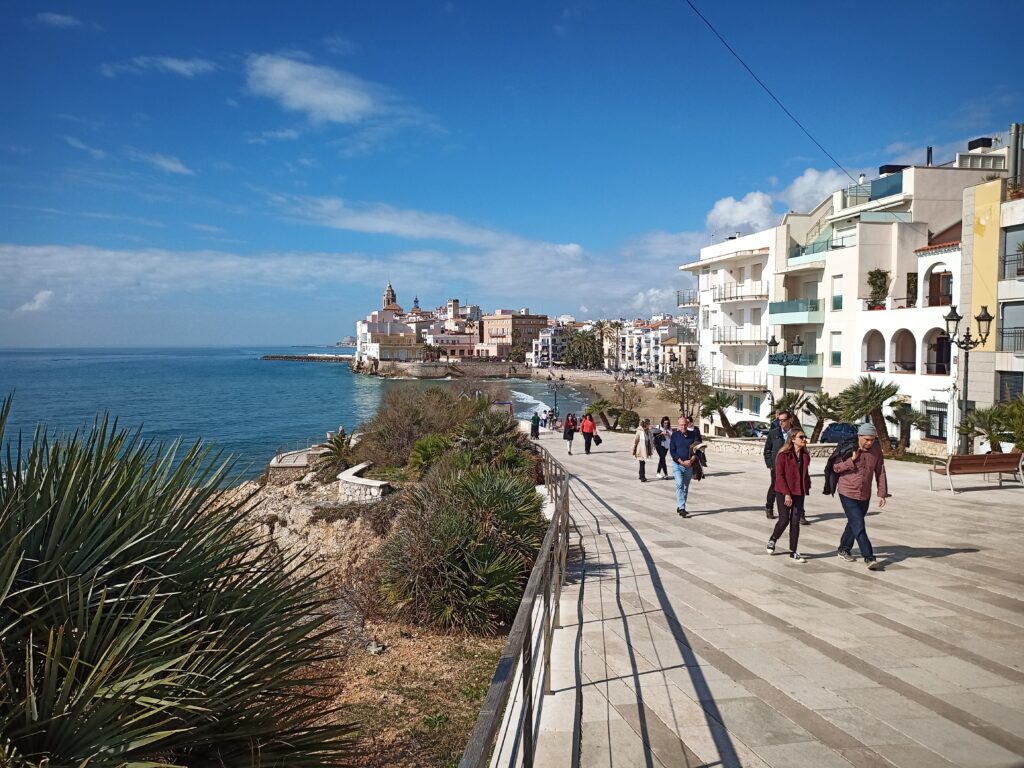
Additionally, I was selected to give a talk on this project at the French Days of the virology society (April 17-18, 2023, Paris, France). With the aim of developing Franco-German collaboration, our team joined great discussions at Pasteur Institute.
Thanks to Hao Wu, Russell E. Vance, and Andrea Ablasser for organizing the amazing Keystone conference “Innate Immunity: From Innate Sensing to Adaptive Responses” and giving us the opportunity to present our research. The time in Snowbird was an amazing opportunity to exchange with other researchers from all around the world.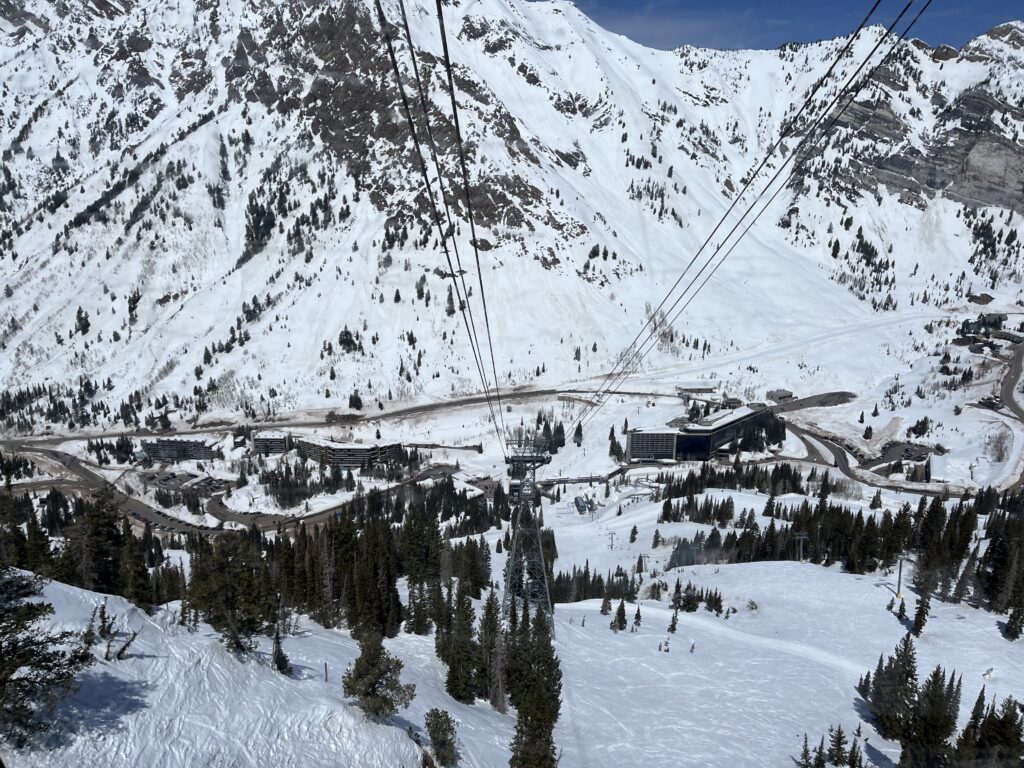
It was a great pleasure to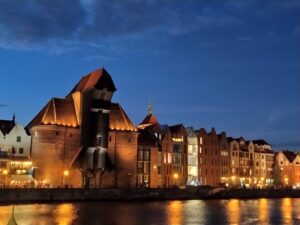 attend the 8th European Congress of Virology, taking place in Gdańsk, Poland, and organized by Prof. Thomas Mettenleiter from the Friedrich Loeffler Research Institute and Prof. Krystyna Bieńkowska-Szewczyk from the University of Gdańsk, where I did my studies. Returning to my hometown and reconnecting with the members of the lab that initially sparked my interest in virology, including my previous supervisor, Dr. Andrea Lipińska, alongside numerous current and former students, made the experience even more special. The conference brought together experts from a variety of subfields of virology and allowed me to appreciate unusual topics that I usually am not exposed to, such as the unusual split genomes strategy of multipartite plant viruses or the therapeutic potential of defective viral genomes of the flaviviruses.
attend the 8th European Congress of Virology, taking place in Gdańsk, Poland, and organized by Prof. Thomas Mettenleiter from the Friedrich Loeffler Research Institute and Prof. Krystyna Bieńkowska-Szewczyk from the University of Gdańsk, where I did my studies. Returning to my hometown and reconnecting with the members of the lab that initially sparked my interest in virology, including my previous supervisor, Dr. Andrea Lipińska, alongside numerous current and former students, made the experience even more special. The conference brought together experts from a variety of subfields of virology and allowed me to appreciate unusual topics that I usually am not exposed to, such as the unusual split genomes strategy of multipartite plant viruses or the therapeutic potential of defective viral genomes of the flaviviruses.
I was selected to present my work at the 18th Innate Immunity Conference in Crete, Greece. This was a suitable theme for the future direction of my work, where I am focusing to explore the Innate specific proteins that are targeted by different variants of SARS-Cov-2.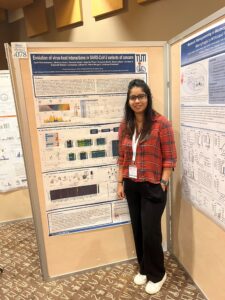 The major focus of this conference was inflammasomes and related pathways. I learned a lot about recent progress and directions in the cell death field and the NLRP protein family. Some topics were extremely interesting to me, like the “discovery of Panoptosis” and “Interferon exhaustion”. I received some valuable input from the researchers participating in this conference. There were good opportunities to connect with fellow researchers during coffee time, lunch, and dinner. The conference team also arranged a city tour, which was a fantastic experience. It was a great opportunity to connect with researchers gathering from different parts of the world and exchange ideas.
The major focus of this conference was inflammasomes and related pathways. I learned a lot about recent progress and directions in the cell death field and the NLRP protein family. Some topics were extremely interesting to me, like the “discovery of Panoptosis” and “Interferon exhaustion”. I received some valuable input from the researchers participating in this conference. There were good opportunities to connect with fellow researchers during coffee time, lunch, and dinner. The conference team also arranged a city tour, which was a fantastic experience. It was a great opportunity to connect with researchers gathering from different parts of the world and exchange ideas.
I had the opportunity to attend the Else-Kröner-Symposium in Würzburg. It was very interesting to see how results from basic immunology research were applied in clinical settings. To see the growing prevalence of translational approaches is promising and encouraging as it shows that our research has the potential to contribute to improving patients’ health in the future.
Where will we take our science next? Keep an eye on our homepage for future exciting updates!
Text and photos by the respective section authors.
